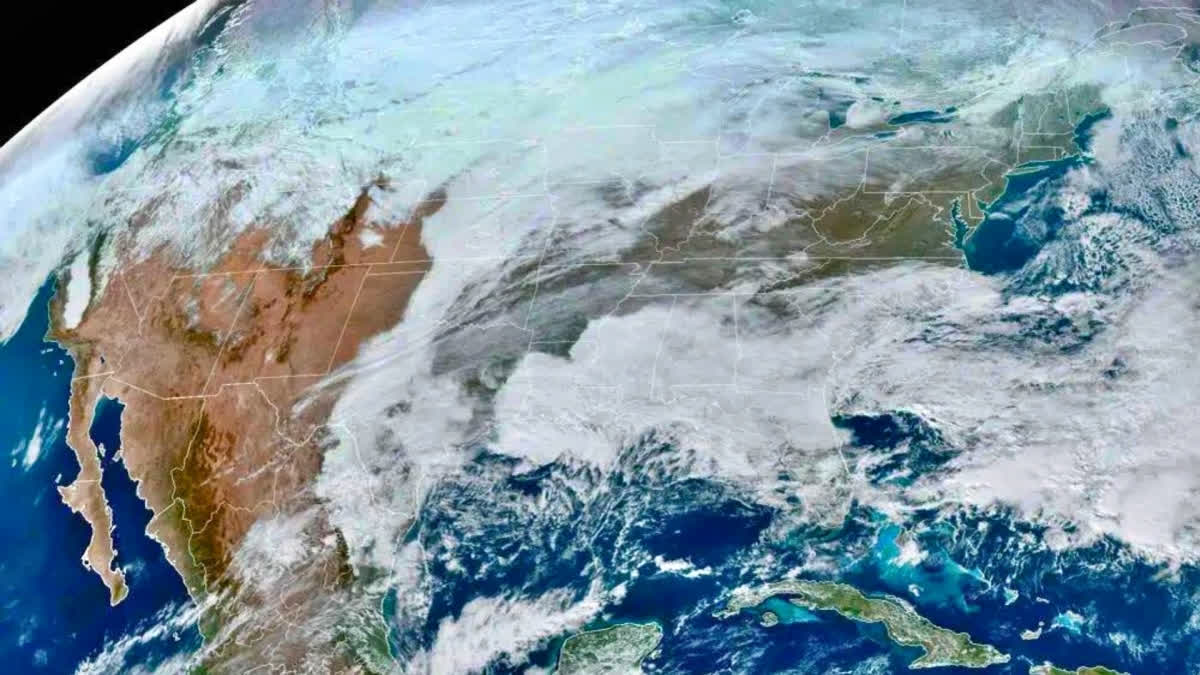New Delhi: The Arctic could get its first summer free of sea-ice by as early as the 2030s, a new study published in the journal Nature Communications has found. The study by researchers from South Korea, Canada and Germany, predicted that the sea ice-free Arctic could happen 10 years earlier than previously thought, regardless of the greenhouse gases (GHG) emissions scenario.
Arctic sea ice area (SIA) has been declining rapidly throughout the year during recent decades with a steeper decline since 2000, the study said. In the Arctic Ocean, the sea ice area grows and shrinks over the course of the year. Additional sea ice forms in the winter, increasing sea ice area and usually reaches its maximum extent in March. In contrast, sea ice area reduces to its lowest in September, following melting in summer.
The study attributed GHG increases, increased human influence in the Arctic cryosphere and reduction in aerosol emissions since the 1980s following the El Chichon volcanic eruption to be the drivers of the Arctic SIA reduction, observed throughout the year. Previous models have underestimated the extent of contribution of GHG to SIA reduction, the study said.
This study compared satellite observations with advanced climate models and conducted an updated detection and attribution analysis of the observed Arctic SIA changes across all months over the 1979 - 2019 period. It also said that this study had a smaller observed uncertainty because it used SIA for analysis.
Previous studies were mostly based on sea ice extent, it said. While SIA is defined as the actual area covered with sea ice, sea ice extent is the total area of all grid cells with at least 15 per cent sea ice concentration and hence is strongly grid dependent.
Further, based on the quantified GHG contribution to the observed Arctic SIA reduction, the study has projected the future timing of the ice-free Arctic Ocean under the different Shared Socioeconomic Pathway (SSP) emission scenarios, which are scenarios of projected socioeconomic global changes up to 2100, used to derive greenhouse gas emissions scenarios with different climate policies.
GHG forcing was found to be the factor dominating, the study said, after it showed that the GHG influence is separable from that of other factors including anthropogenic aerosols, solar and volcanic forcing, as well as natural internal variability. "Our observationally-constrained projections based on attribution results also suggest that we may experience an unprecedented ice-free Arctic climate in the next decade or two, irrespective of emission scenarios," the study authors wrote.
"This would affect human society and the ecosystem both within and outside the Arctic, through changing Arctic marine activities as well as further accelerating the Arctic warming and thereby altering Arctic carbon cycling," the study authors wrote in the study. (PTI)
Also read: Climate warming may expose species across the world to deadly temperatures: Study



